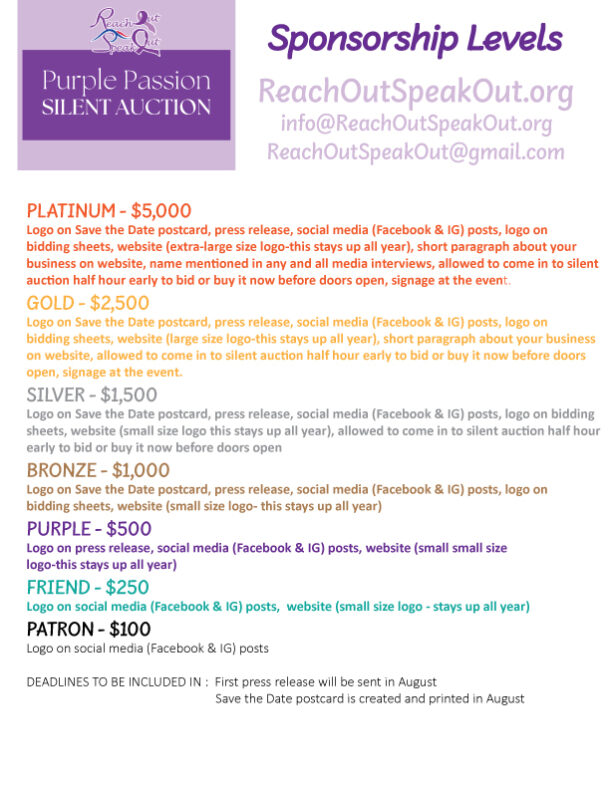Like many people, I’ve been busy, tired, overwhelmed at times but enjoying life during the holidays. As I reflect in the last year and begin looking forward to the next year, I can’t help but stop and think about how much I’ve learned and grown this year. This is one of the harder blogs I’ve written so far, so without further delay-my topic this week is verbal/emotional abuse  – can I leave?
– can I leave?
**Disclaimer** let me preface this by saying I am not a counselor, theologian, psychologist, or anything of the like. What I share here is from my own experience (I grew up with an emotionally/verbally abusive father) and personal research, with as much scriptural support as I can include.
What is Domestic Violence?
While domestic violence typically brings to mind physical abuse, there is so much more than hitting/beating/punching involved in abuse. While the signs can be “hidden” by long sleeves, pants, jackets, etc., the signs of verbal and emotional abuse are much more difficult to see. These invisible scars go deeper than a physical bruise and are often happening at the same time as physical abuse. However, verbal and emotional abuse is frequently seen without any physical abuse involved (though they may lead to physical violence as well). This “invisible” abuse is more common than people realize-especially in religious settings. After all, what man (or woman) of God would think it ok to physically hurt their spouse or significant other? But giving correction, redirection, and advice (Galatians 6:1) is “Biblical”, right? And aren’t wives supposed to submit to their husbands (Ephesians 5:22)? Ephesians 4:15 encourages us to speak the truth IN LOVE. That’s the key-in love. Verbal abuse is not spoken in love.
Verbal and emotional abuse is a long-term pattern, not the occasional ugly words after an argument or fight. It wears down your self-esteem, makes you doubt yourself because negative, hurtful, demeaning things are repeated until you begin to believe they are the truth and the abuser has “won” control over your emotional and mental well-being. Over time, this can also affect your physical health as you lose the motivation and desire to take care of yourself mentally, physically and spiritually.
So, I AM being abused. Now what?
In my “untrained” opinion, prayer is first. Counseling with a pastor or Christian counselor can be beneficial if the abusing spouse is willing and able to realize and accept their responsibility. Sadly that is not often the case. The abuser often is unwilling to realize and admit fault. They often even think they’re truly being “helpful” and doing the right thing by “fixing” you. Sadly it’s a common mindset in the abuser.
Maybe you are wondering if it is just you, if you are broken, if you are not forgiving enough, taking things too seriously if you are the “bad” one… Take a look at Proverbs 10:6, Proverbs 16:27-29, Proverbs 18:21, Proverbs 19:19 and Luke 6:45 for just a sampling of what God says about the evil man. Does this apply to yourself or your spouse?
Already tried the counseling, prayer, and self-evaluation? What’s next? Separation? Divorce? Is that even “allowed” in religious/Christian circles? While God doesn’t condone or encourage divorce, may I just remind you that He loves you deeply and you are fearfully and wonderfully made (Psalm 139:14). He is near the brokenhearted and saves those who are crushed in spirit (Psalm 34:18). And He warns frequently of the power of the tongue in many scriptures. Proverbs 15:4, Proverbs 21:23, Psalms 10:7, Proverbs 10:20, James 3:8, Jeremiah 9:8, and 1 Peter 3:10 all speak about the power (for good or evil) the tongue holds. It’s a strong muscle that is often used as a weapon. Ephesians 4:29 tells us not to let unwholesome talk proceed from your mouth.
You, my friend, are not a doormat, punching bag, or anything less than deserving of God’s love and grace. While not specifically directed at marriage, Proverbs 14:7 advises us to “leave the presence of a fool”. I Samuel 18-21 is devoted to David fleeing from Saul because of Saul’s evilness and trying to harm David. Proverbs 22:24-25 exhorts us to not to associate with an angry man or you will learn his ways. I Corinthians 15:33 says “Bad company corrupts good morals”.
Stay or Go?
Only you can make this decision for yourself. Proverbs 18:14 says “The spirit of man can endure his sickness, but as for a broken spirit, who can bear it?” (NASB). Seek wisdom and guidance from the Lord and those trained to offer wise counsel. Proverbs 2:10-15 and Proverbs 3:5-8 encourage seeking wisdom from God and not just your own understanding. I encourage you to pray, seek out God’s will and guard your heart. If you’re ready to start the new year fresh and need a little help knowing where to start, check, out this previous blog, He’s Making A List, And Checking It Twice, for making/checking your list. As always, if you need someone to talk through this process with, contact reach out speak out at [email protected] or find us on Facebook.
Wishing you all a blessed, happy and safe New Year.

